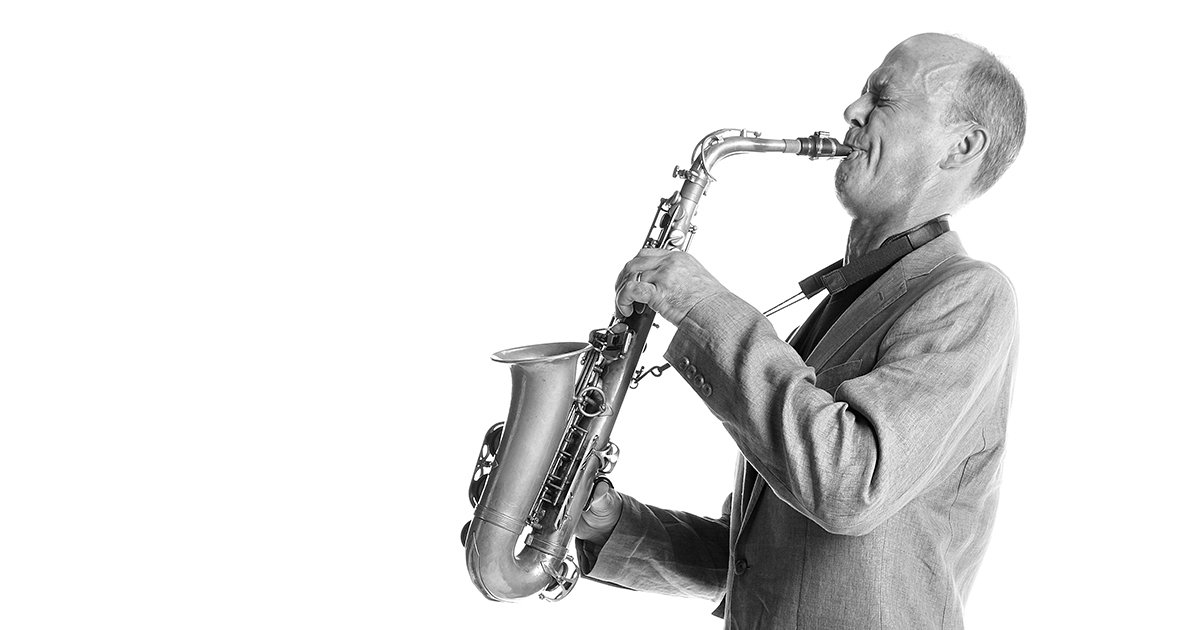Vandoren Artist Profile | David Bixler
Director of Jazz Studies at Bowling Green State University
Date Posted: August 06, 2018

When did you first decide you wanted to be a musician?
Early on, in elementary school I knew I wanted to be a musician. I started on piano, so what being a musician looked like has obviously changed, but I got the bug early. My dad took me to hear Dexter Gordon and Johnny Griffin at the Pabst Theater in Milwaukee when I was 15 or 16 and that is what really pulled me into jazz.
Who are some of your musical influences?
Jazz-wise my desert island pick would be Coltrane, the sound, the spiritual quality of all he was resonates in me. I would also acknowledge that the entire lineage in the history of jazz would be part of what I have checked out and therefore has probably influenced me in some way. I also spend time checking out players that are new to me. When I have seen or heard a name several times, I will try to search that person out either on recording or live, and check out their music. I have become a fan of a lot of new music that way. I also listen to a lot of different types of music. I have a 19 y/o daughter and she often shares with me what she is checking out-rap, neo-soul, whatever.
What are some of the greatest challenges you've faced as a musician and how have you overcome them?
I have four children, and the first one came early, and believe me it is all great, but the tension of making a living being a creative musician has been on my radar my entire adult life. Also, my youngest son suffered a traumatic brain injury a while back, and that has impacted his life, and in turn all of ours, so the time I sometimes I wish I had to devote to music hasn’t always been there, but the time has been spent on things that are ultimately more important.
What does your daily practice routine look like?
It really varies- I am not as consistent as I would like to be, but with limited time I force myself to work on new things. I write tunes that tend to take me out of my comfort zone, so I spend most of my time shedding the challenges of those tunes.
"There are two things that I believe are essential; fundamentals and communication." - David Bixler
Being the Director of Jazz Studies at Bowling Green State University, what are some tips about studying jazz you'd like to share with our jazz community?
There are two things that I believe are essential; fundamentals and communication. No matter what type of music you are playing you need to work on the fundamentals, you need to find your sound and develop your technique. I also believe that it is helpful to be rooted in bebop-not to have the goal of replicating Bird in 2018 as your end goal, but with the idea that studying that music will help to bring the clarity needed to function in whatever musical challenges that one will face. As far as the second point communication, I urge my students to keep in mind that music is intended to be played for others. I think it is possible for jazz musicians to get into some serious navel gazing with what they are working on and forget that music is to be shared with an audience, and so while one needs to spend time developing their sound and chops, it is important to remember that the sound and chops are the means of sharing your story.
What is your current Vandoren setup?
Subscribe to the We Are Vandoren E-newsletter (WAVE) to receive 4 weekly articles for Performers, Students, and Educators